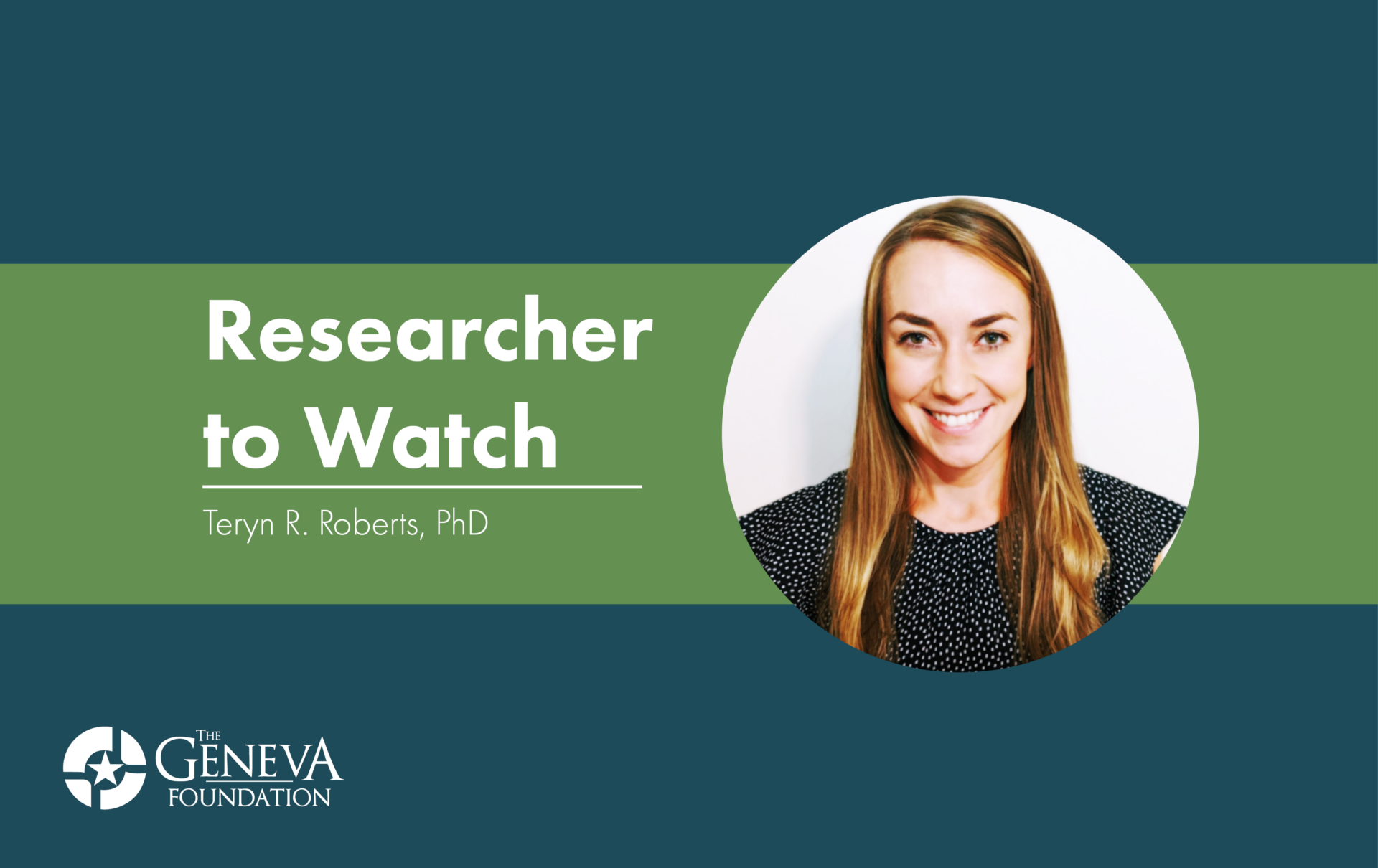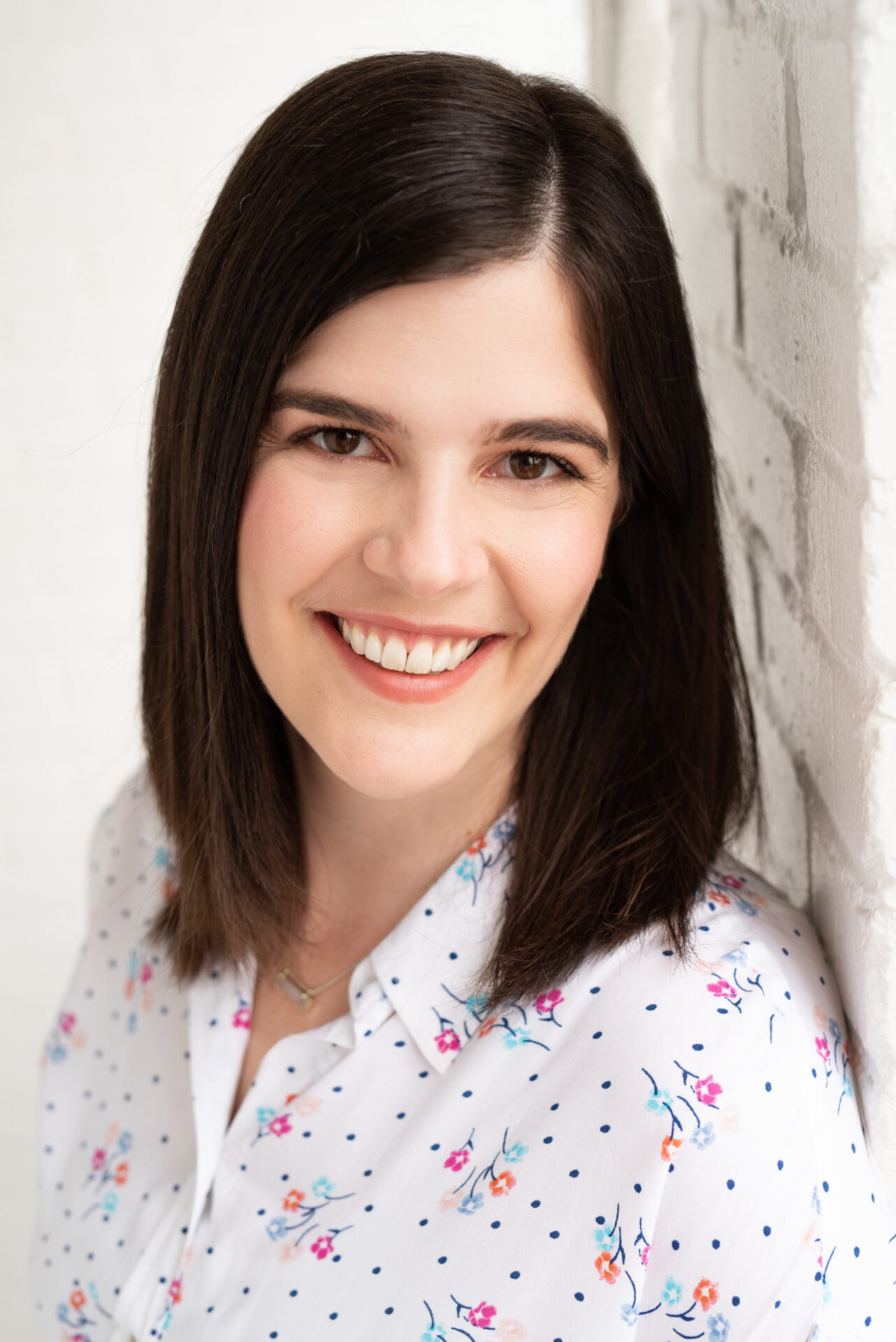7 December 2021
Pushing the Envelope in Support of Extracorporeal Life Support Technologies for Combat and Bedside Care
Researcher to Watch: Teryn R. Roberts, PhD
Much attention has been given to ventilators as a necessity for keeping critically ill COVID-19 patients alive. Other technologies, specifically extracorporeal artificial organ support technologies – known collectively as extracorporeal life support (ECLS) devices – are also being used in ICUs worldwide. This technology isn’t new; however, a new generation of ECLS technologies are being developed for diverse applications such as acute support for trauma-induced organ failure, transitional support for bridge to organ transplant, and terminal support for chronic diseases.
Teryn R. Roberts, PhD is a co-principal investigator for Geneva at the Autonomous Reanimation and Evacuation Program (AREVA) at Brooks City-Base in San Antonio, Texas. AREVA’s main research focus is to improve the outcomes of service members who were injured during combat by pushing the envelope of single and multiorgan support at or near the point of injury, with a specialized focus in extracorporeal life support technologies.
Dr. Robert’s current research focus with AREVA includes the development and assessment of novel biocompatible materials for ECLS, as well as the effects of ECLS on coagulopathy and endothelial damage following trauma. As a co-investigator on several DoD-funded research projects, she has developed novel, clinically relevant models for the assessment of coagulation and hemocompatibility during ECLS. She is also the Principal Investigator on a new discovery study to investigate proactive coagulation management strategies during trauma and acute respiratory distress syndrome.
While this technology has been around a while, it is not widely adopted in combat scenarios or in the clinical environment. Dr. Roberts had the opportunity to share her research at many national and international conferences and meetings recently, including the 36th Annual Children’s National Symposium ECMO conference, the EuroELSO 2021 Annual Conference, the Japanese Association for the Surgery of Trauma annual conference, and the ASAIO 2021 Annual Conference.
Dr. Roberts had the opportunity to continue her PhD research with Andriy Batchinksy, MD, and the AREVA team after she was relocated to San Antonio due to her husband’s Air Force reassignment. “Many military spouses who are in higher education struggle with continuing their education after relocating,” says Dr. Roberts. “The AREVA team worked with me to help me finish my degree remotely.”
“A big goal of mine was to do work that was clinically relevant and close to bedside translation. I am fortunate that this is a major focus of what we are doing here at the AREVA lab,” she added.
Disclaimer: The views expressed do not reflect the official policy of the Army, the Department of Defense, or the U.S. Government.

"A big goal of mine was to do work that was clinically relevant and close to bedside translation. I am fortunate that this is a major focus of what we are doing here at the AREVA lab."
Teryn R. Roberts, PhD
HIGHLIGHTS
- Dr. Robert’s current research focus with AREVA include development and assessment of novel biocompatible materials for ECLS, as well as the effects of ECLS on coagulopathy and endothelial damage following trauma.
- While this technology has been around for awhile, it is not widely adopted in combat scenarios or in the clinical environment. Dr. Roberts had the opportunity to share her research at many national and international conferences and meetings recently.


